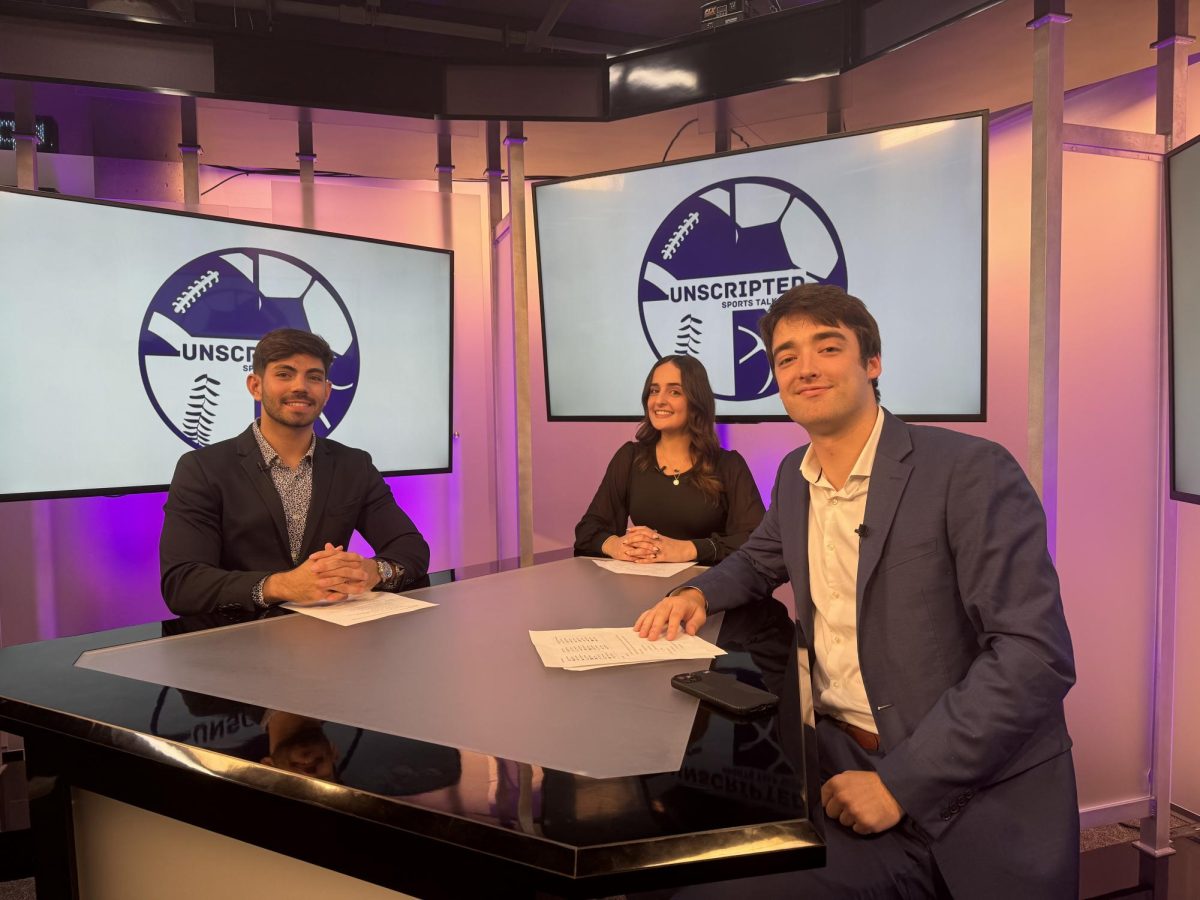A team of researchers in a development center on campus is working to help children communicate with their parents and to teach parents to become “healers for their children,” said the director of the Institute of Child Development.Karyn Purvis said the institute has been serving at-risk children, or neglected and abused children, especially adopted children, for the last eight years by conducting research-based interventions.
Purvis said psychologists conduct interventions between parents and children, and researchers perform psychological research. However, she said psychologists at TCU are unique because they perform the research and apply that knowledge during interventions.
The institute works to improve the condition of at-risk children through summer camps at Starpoint School, parent camps that are held twice a year at the YMCA Camp Carter in Fort Worth, home programs and training seminars in the Kelly Alumni Center.
“Children that have been harmed is the sickness for which we are the medicine,” Purvis said.
David Cross, associate professor of psychology, said the institution has an international reputation in the area of adoption.
“We are in the process of exporting the knowledge we’ve gained from working with adoptive families to other similar situations, such as families with an autistic child,” he said. “I want to see this make the biggest impact on the world as it possibly can.”
Last year, Purvis worked with a “highly dangerous” adopted child in a residential treatment facility in Illinois, she said. After speaking at a statewide initiative in Chicago, Purvis was invited to conduct interventions with the child.
“The girl had incident reports where she had to be restrained, arrested or taken to a hospital an average of once every five days for 12 months, Purvis said. “She’s been six months now with an average incident report of one in every six weeks.”
Purvis said the premise of the institute’s work is to help parents learn to “heal” their children.
“We are teaching children to communicate and teaching parents to recognize physiological signs of problems in their children,” she said.
Purvis and Cross are co-authors of “The Healing Parent,” a book that explains the methods of healing that a parent or professional can learn. The book will be published in November.
The institute was formally founded in June, said Tim Barth, chairman of the psychology department, but the activities the institute provides have been taking place for six to seven years.
Barth said if things move forward, he hopes a new building will be built for the institute, which is located in the Winton-Scott Science Building.
Purvis said, “The more resources we have, the more students we can train, and the more children we can help.”
The institute is funded partly by Vision In Action, by the department of psychology and by grants and philanthropic foundations.
Cross said that besides the donations they have received through VIA and grants, they have many resources, including about 12 undergraduate students, three graduate students and $300,000 to $400,000 in nonmonetary gifts.
Cross said people come to the institute when they have tried everything else, and Purvis will show them how to “cure their kids.”
“I tell people Karyn is a child whisperer,” Cross said. ” There is not a child on this planet that she can’t reach and help, and she has insights about how to help very difficult kids.




